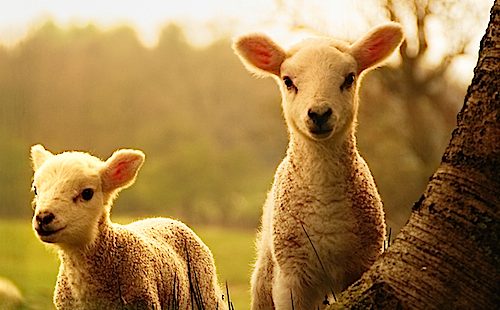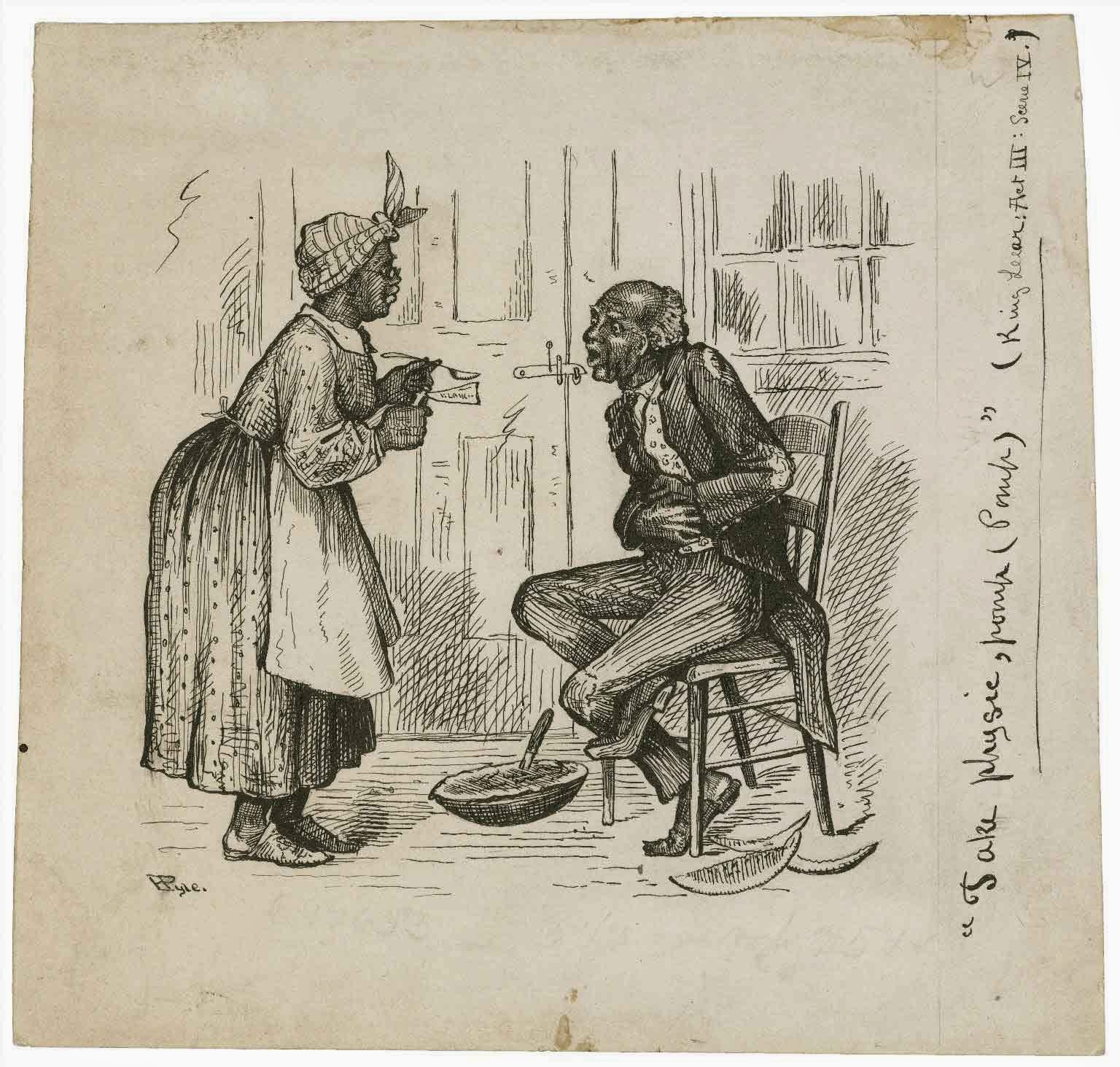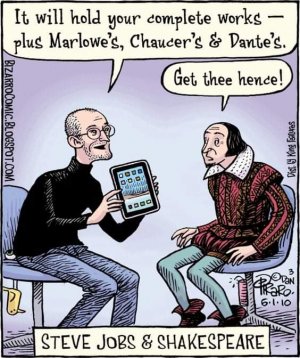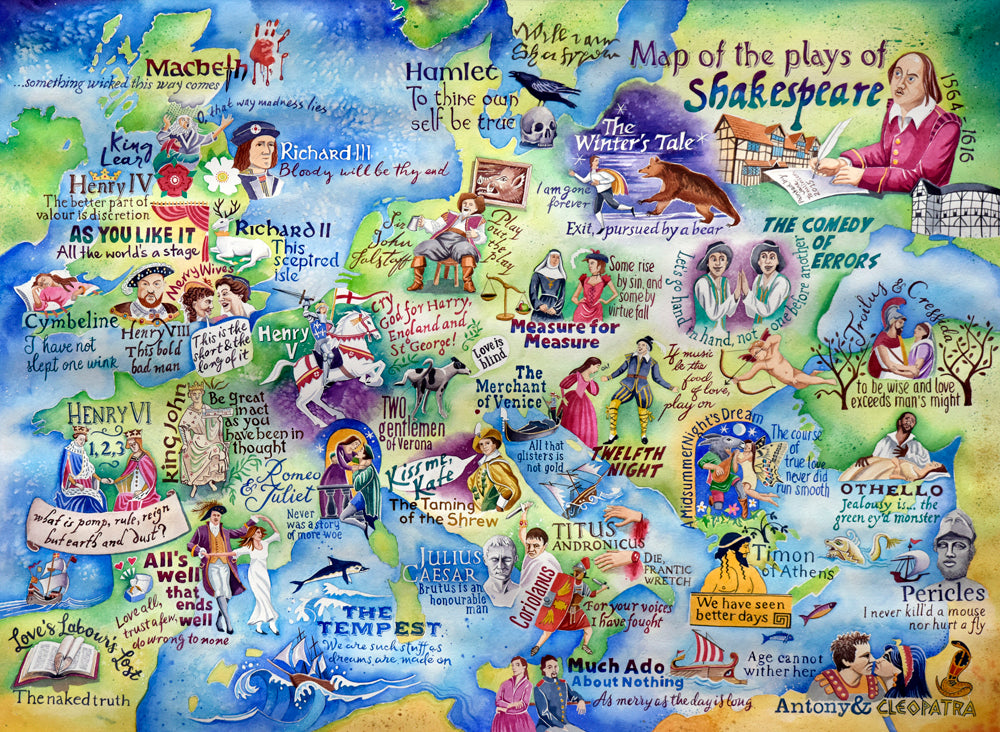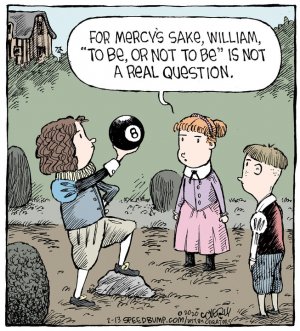"The Wild-goose chase being started, in which the hind∣most Horse is bound to follow the formost, and you hauing the leading, hold a hard hand of your Horse, and make hym gallop softly at great ease, insomuch, that perceiuing your aduersarie striue to take the leading from you, suffer him to come so néere you, that his Horses head may wel nye touch your Horses buttocke, which when you sée, clappe your left spurre in your horses side, and wheele him suddainlie halfe about on your right hand, and then take him vp againe, till such time that he be come to you againe: thus may you doo of eyther hand which you will, and in neuer a one of these turnes, but you shall throw him that rides against you, at least twenty or thirtie yardes behind you, so that whilst you ride at your ease, he shal be forst continually to come vp to you vpon the spures, which must wearie the best Horse in the world. Also in thys match, gette your law in the Wild-goose chase, which is most vsually twelue score to bee twentie score, that if your aduersary chaunce to haue more spéede then you, yet with your truth and toughnes, you may reco∣uer him: for that Horse that lets another ouer-runne hym twenty score at the first in a wild-goose chase, it is pyttie he should euer be hunter".
